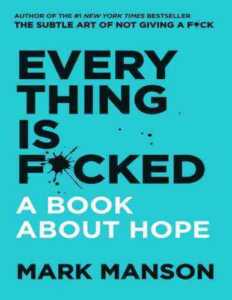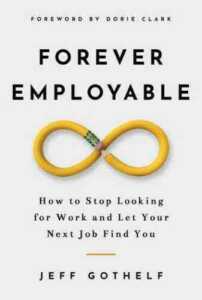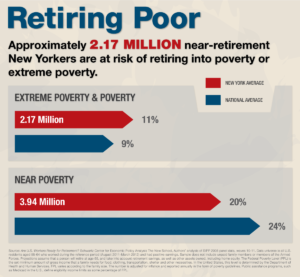The bakery is a very noble business that can also be very profitable.
Its primary and natural conception consists of providing daily bread and its success is based on achieving an excellent quality of the product at a good price and better if excellent service is added to its value.
Although a bakery can be an excellent business, it must also be considered that it entails a high sacrifice, which is that because it is a consumer product, it demands a high commitment in terms of schedules, investment of time and dedication to be able to meet the quotas daily production.
Additionally, the business allows complementary products such as milk, cheese, hams, jams, etc. to be easily marketed. which represents an additional income to the primary income that is the sale of bread and cakes.
In that sense, we share this guide to develop your own business plan.
Bakery Business Plan
Business Vision
To be the leading company in my area or sector in the sale of bakery and pastry products of the best quality and price.
Business Mission
Fundamentally, this bakery business will supply the needs for the production of traditional daily bread that customers require for consumption at home and in the office, presenting it in bakery products in their different presentations, sizes and shapes.
As well as meeting the demand for pastry for the occasional delight of customers.
Products and Services to Market
Essentially, you must define the class of products that your bakery will make, although we are mainly talking about making bread and / or cakes in an artisanal way.
You could also consider the possibility of attending requests for social events, supplying events in hotels or gradually sub-distributing to other bakeries and coffee shops in the sector.
Personnel to Hire
Depending on the size and sales projection of your bakery, you should consider the possible hiring of the following staff:
- Baker
- Baker’s assistant
- Customer service personnel
- Cashier (optional)
- Vigilante (optional)
Providers
Before opening the doors of your business, it is very important to contact different suppliers of inputs to quote and obtain from the beginning the best price / quality ratio for the production of your products.
Remember that the main production element in the bakery is flour, followed by other ingredients such as yeast, eggs, sugar and preservatives among others.
Likewise, you must consider everything related to bags and packaging to offer the best presentation of your product.
Business Legalization
You must define whether you will establish your business as an individual company or if you will do so by forming a partnership. In the latter case, it is convenient to formalize the company and establish what each person will contribute in terms of capital, machinery and labor, as well as the way in which profits will be distributed.
Subsequently, the business will be registered and the corresponding licenses for the operation of your bakery will be processed both at the farm and at the health ministry or the agency of your city that regulates businesses related to the handling of food products.
Check out this guide for the legalization of your business.
SWOT Analysis of Bakery
Strengths
- Preparation of very good taste bread and products
- Personal and attentive attention
- Strategic location
- Variety
- Hygiene and Cleaning
- Convenient hours
- Very cozy shop decoration
Weaknesses
- Lack of experience in bread production
- Budget constraints to meet the demand
- Very high local rental costs
- Low quality end product
Opportunities
- Make up for the production deficiency that the competition may have
- Access new markets through a fresher and more modern image
- Opportunity to offer varied products such as: diet
- Build a productive and profitable business
Threats
- Be located in an area with a saturated market
- Insecurity and crime in the sector
- Difficulties to compete
Market analysis
- Competitors: define who our current competitors are and know what they are offering. At this point it is very important to know what your competition does well and what it does wrong in order to understand their profile well.
- customers: Know who our clients are and what their main tastes and demands are. Developing a detailed profile will allow you to offer tailored products.
- Prices: Analyze what the current market prices are and project a competitive strategy, based on an excellent cost / quality ratio. Depending on your target market, you can choose a strategy of high price = quality, or low price = economy.
Business Promotion
The promotion and marketing of the bakery will be done mainly through the labeling of the premises, which must be eye-catching and contain especially images of the primary product, which is bread.
In addition, a flyer will be held in the sector to publicize the business with a special opening offer.
Social networks will be used with local business promotions especially on Facebook.
You can also use the local newspaper or some small billboards nearby to give more emphasis to the location of our bakery.
Special importance will be given to customer service so that in the medium term, the main source of publicity for the business is word of mouth.
Initial Investment
Furniture and equipment estimate: $ 6000 dollars *
- Oven
- Blenders
- Kneader
- Bread slicer
- Scale and Balance
- Baskets
- Stove
- Freezer
- Steel trays
- Counter
- Refrigerated displays
- Shelves
Business legalization: $ 250 dollars *
Local adequacy: $ 1000 dollars *
Promotion and marketing: $ 500 dollars *
Rent of premises: $ 500 dollars *
Monthly services: Electricity, water, telephone: $ 1000 dollars *
You will also have to make a budget of monthly expenses with the costs of production, administration and marketing.
* Estimated costs must be adapted according to production projections and size of the premises.
conclusion
Starting your bakery small is a good alternative to be able to measure the demand for the product in the sector and gradually grow, providing more and better products and services.
To do this, you can even start as a single distributor, distributing someone else’s product in order to measure product acceptance and price levels to later implement your own production strategy that requires a greater investment.




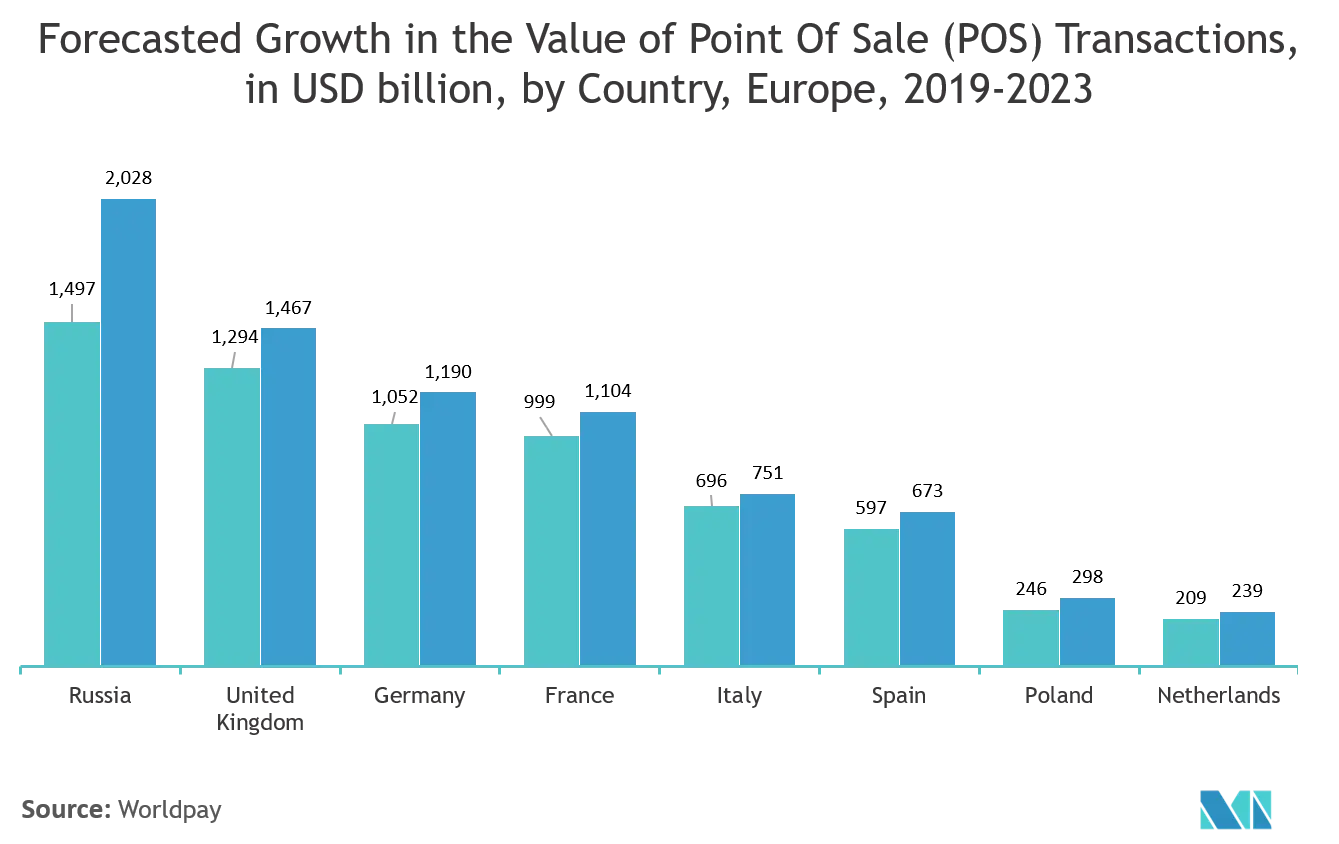

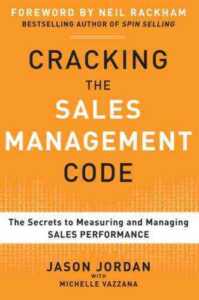




![12 Sales Techniques Top Sellers Use [Reveladas] 12 Sales Techniques Top Sellers Use [Reveladas]](https://businessguarantor.com/wp-content/uploads/2021/03/12-sales-techniques-top-sellers-use-reveladas.jpg)

